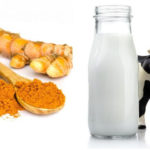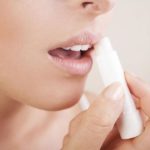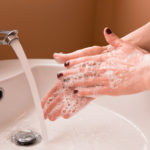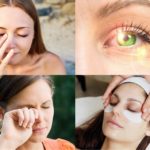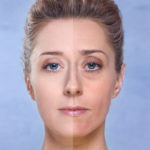Over-cleansing the face can lead to dry and flaky skin
Many people have the habit of washing their face too vigorously, using both hands and scrubbing. However, this unintentionally strips the skin of its natural protective oil layer, and can also cause abrasions, damage, and provide a breeding ground for bacteria, resulting in acne.
For dry skin, it is recommended to wash the face 1-2 times a day with a gentle facial cleanser. During the cleansing process, use your fingertips to gently massage the skin in circular motions to cleanse it.
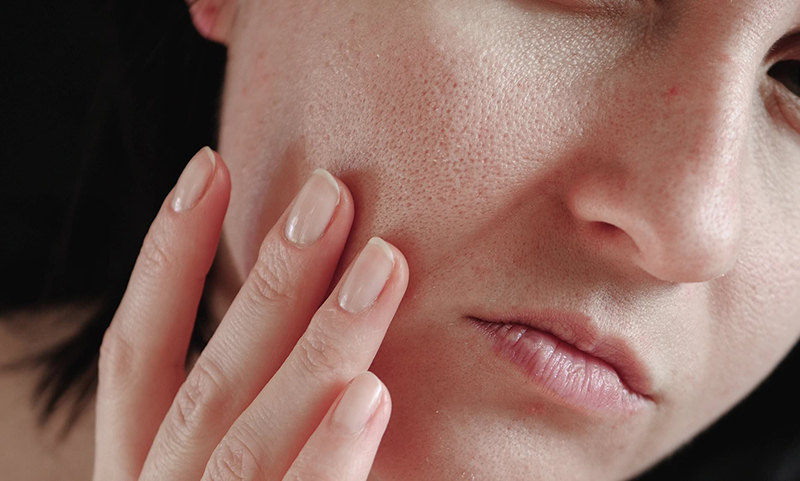
Not drinking enough water
Water is essential for overall health, including the skin. Water helps to moisturize the skin from the inside, maintain its structure, stimulate the healing of damaged skin cells, and improve elasticity.
Not drinking enough water can lead to dry and lifeless skin. Even if you don’t feel thirsty, you should ensure you drink enough water, about 2 to 2.5 liters per day.
Excessive exfoliation
The accumulation of dead skin cells on the surface of the skin is one of the causes of rough, flaky, and dull skin. However, if you exfoliate too frequently, it can cause dryness and sensitivity. Therefore, you should only exfoliate once or twice a week to maintain healthy skin.
It is recommended to use natural ingredients to cleanse the skin at home, which is both safe and cost-effective. Don’t forget to apply a moisturizing cream to balance the skin after exfoliation. Also, always apply sunscreen when going out.
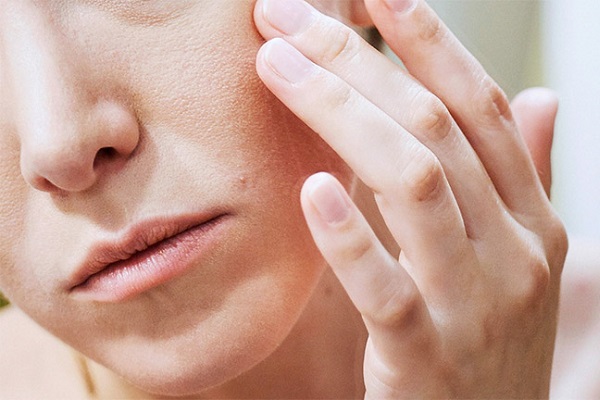
Using hot water
Bathing with hot water is a common habit during the winter. However, this can remove the natural oils, break down the lipid barrier on the skin, and lead to moisture loss.
It is advisable to take a warm shower for no longer than 10 minutes. After showering, pat your body dry with a towel instead of rubbing it on the skin. Then, apply a body lotion or oil-based moisturizer to provide moisture to the skin.
Not eating enough fruits
Eating plenty of fruits helps provide moisture to the skin and contains antioxidants that slow down the natural aging process.
People who dislike or are lazy to eat fruits are more prone to dry and dull skin during the winter. Therefore, it is important to increase the consumption of fresh fruits every day.
Using inappropriate moisturizers
Gel-based moisturizers may make your skin breathe easier during the summer, but they often do not provide enough hydration to keep the skin soft and smooth in dry weather.
Instead, use products that have stronger and more concentrated moisturizing ingredients to keep the skin hydrated. It is important to moisturize the skin daily and immediately after cleansing to replenish essential moisture.
























